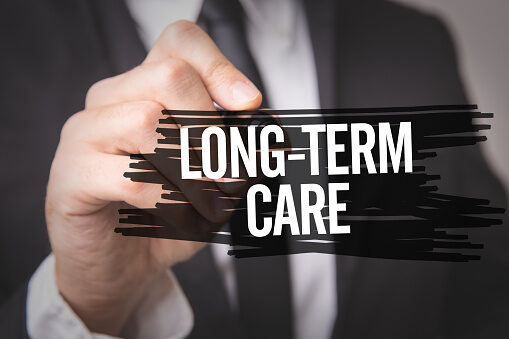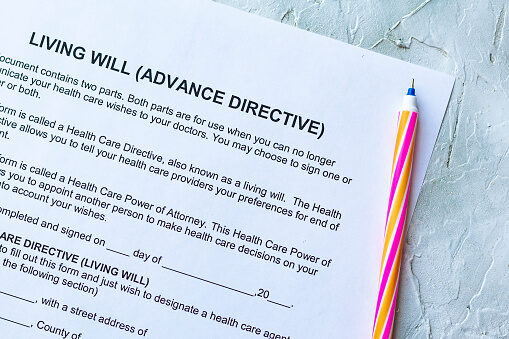- FREE WORKSHOPS - SIGN UP TODAY!
Planning Ahead: Make Estate Planning Easier for Your Loved Ones

3 Ways to Protect Your Business with Estate Planning
July 20, 2025
Planning Ahead for Long-Term Care: Protecting Your Family and Finances
August 22, 2025Whether you’re organizing your own estate plan or helping an aging parent prepare theirs, it’s essential to take a step back and consider how to make things as smooth as possible for your loved ones when you’re no longer around. From creating a living will to setting up a trust, thoughtful planning now can ease emotional and legal burdens later.
Putting the key pieces of your estate plan in place is a critical first step—but it’s not the finish line. The more organized and accessible your documents are, the easier it will be for those left behind to take timely and appropriate action.
Many people associate estate planning only with what happens after death. However, planning for incapacity—situations where you’re alive but unable to make decisions for yourself—is just as important. Without a clear plan in place, these moments can create confusion and stress for your family at an already difficult time.
Once your estate plan is finalized, don’t overlook the next key question: Where will you store it?
While a safe deposit box may seem like a secure option, it can also present challenges. If the person responsible for managing your affairs doesn’t have immediate access to it, critical delays can occur. Instead, choose a storage solution that balances both security and accessibility, and ensure your trusted contacts know where to find your documents when needed.
Ready to take the next step or need help fine-tuning your plan? Schedule a consultation with our office today to explore your options and ensure your wishes are protected.




